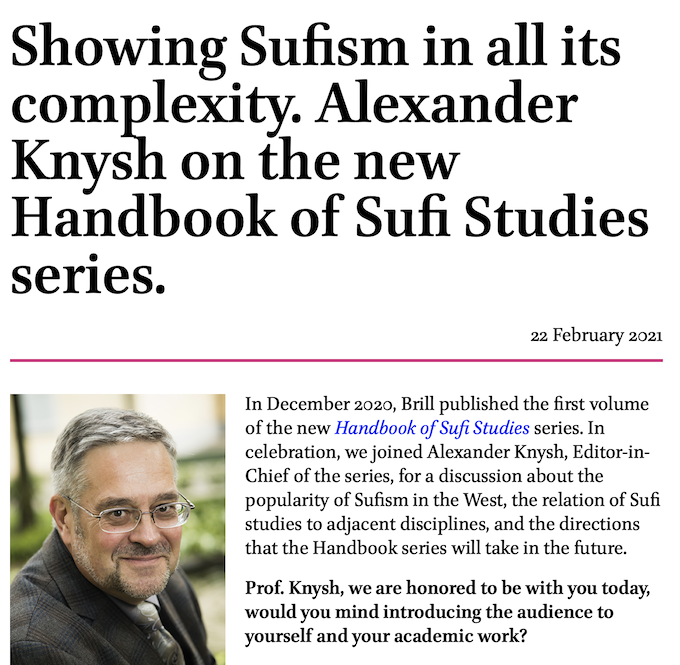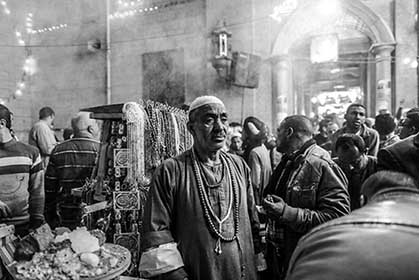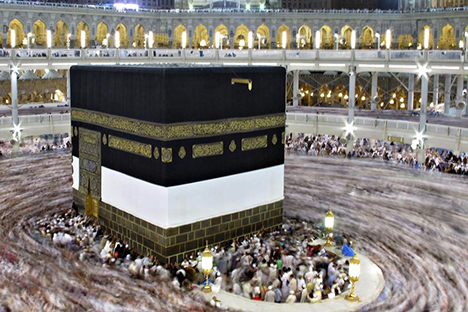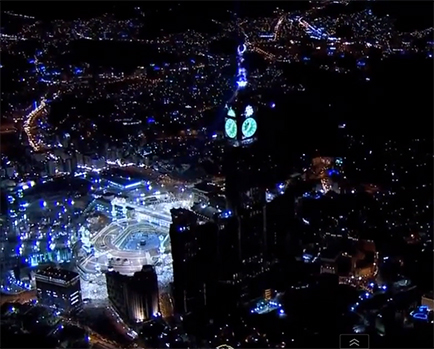
Commercial giants are playing fast and loose with the Muslim fasting month of Ramadan. These days it can be a big juicy Ramadan deal, wherever you live, when you go out after avoiding food and water all day long. Fast food chains are especially eager to break your fast. Somehow I suspect that if the Prophet Muhammad were alive today, he would not order pizza and a coke for iftar. If fasting is only about denying yourself for half a day and then living it up for the other half, it loses all spiritual meaning. There are a number of hadiths recording what the Prophet Muhammad said about the holy month of Ramadan. One of these is related as follows: “When Ramadan enters, the gates of Paradise are opened, the gates of Hellfire are closed and the devils are chained” (Al-Bukhari and Muslim). Modern day businesses are more interested in opening the gates of their franchises and leaving the gates of Hellfire ajar, while quite a few devils seem to have no problem breaking their chains.
Just as Christmas is now about putting presents under a tree and Easter is searching for colored eggs, so Ramadan has become a time to buy rather than contemplate. Capitalism captures religion whenever there is a profit to be made out of a prophet. Restaurants offer special iftar meals, usually with elaborate spreads, and hours are reduced in most Muslim countries so workers can go home and take a nap. Religiosity shines while acting on the ethical principles of the faith takes second place to making sure iftar is exactly at the adhan and not a nanosecond before. This may be the letter of the law, but it misses the whole reason for fasting in the first place.
Then there are the promotions that show the hypocrisy of the appeal. Tsk, tsk British Tesco for inviting Muslims to partake of a Ramadan special like bacon-flavored Pringles. The artificial and the superficial combine to make Ramadan just another shopping holiday.



















